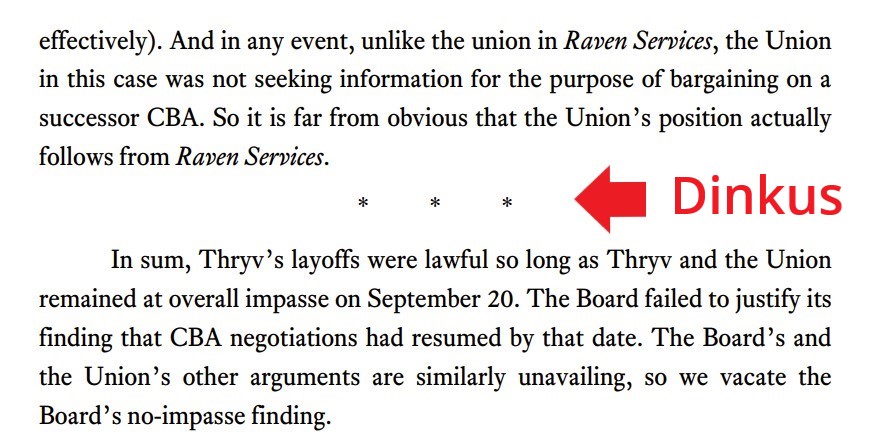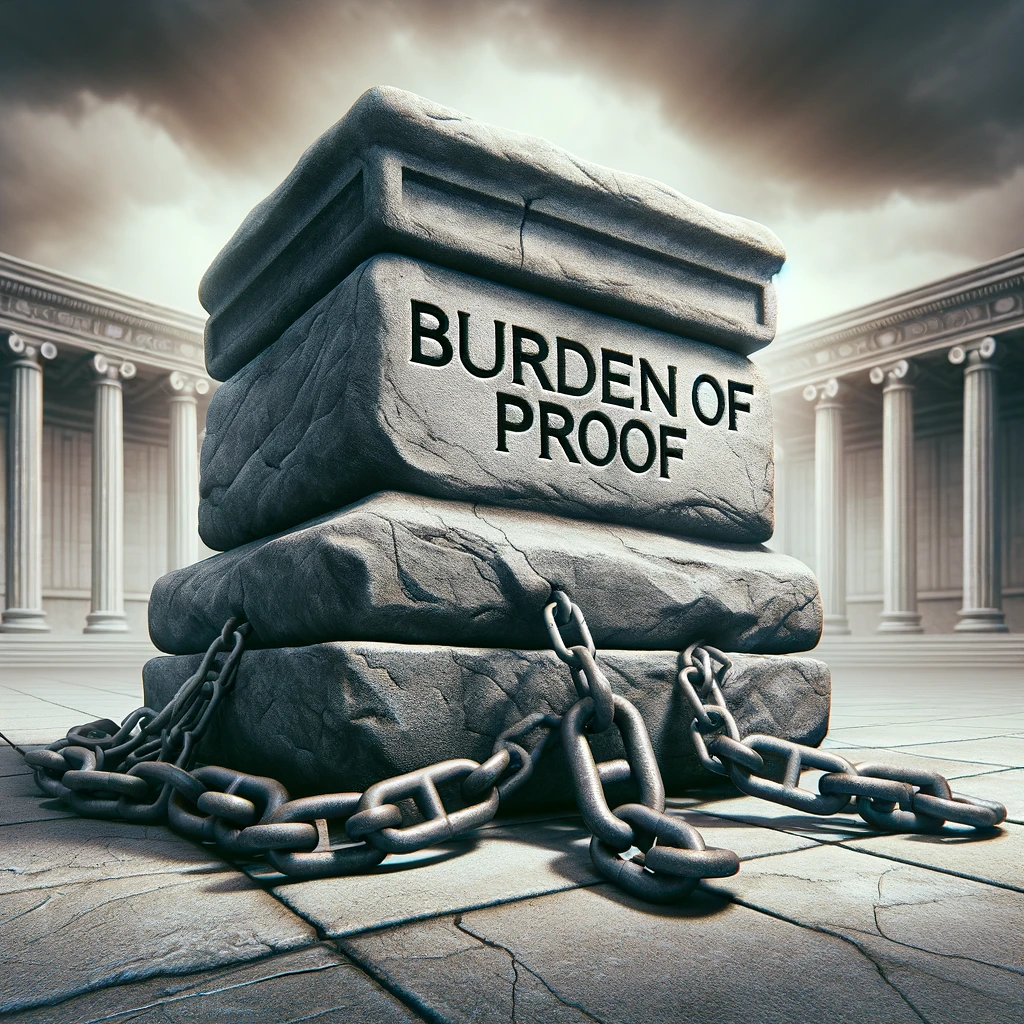 The Fifth Court continued to cast a skeptical eye at spoliation instructions in Copper Creek Distributors, Inc. v. Valk. The Court found an abuse of discretion in two regards; first, as to the trial court’s assessment of the evidence about certain QuickBook records:
The Fifth Court continued to cast a skeptical eye at spoliation instructions in Copper Creek Distributors, Inc. v. Valk. The Court found an abuse of discretion in two regards; first, as to the trial court’s assessment of the evidence about certain QuickBook records:
However, there is no evidence CCDI intentionally or negligently failed to preserve the QuickBooks data. In his deposition, Escoffie testified he had not attempted to log into QuickBooks and he had not called QuickBooks to attempt to access his books ks and records. He stated he would work with his attorney to determine whether he had access to QuickBooks — the record does not show whether this happened and, if it did, whether any documents or data were recovered. Considering the failure to provide any evidence about when CCDI “closed out” its online QuickBooks account and when CCDI migrated from the online platform to the desktop platform along with the lack of evidence about whether Escoffie searched for QuickBooks records and recovered any, the trial court abused its discretion by concluding Platinum met its burden to show CCDI intentionally or negligently breached its duty to preserve accounting books and records, including QuickBooks files. Accordingly, we conclude the trial court erred by instructing the jury that CCDI destroyed or failed to preserve accounting books and records, and the jury could consider that evidence would have been unfavorable to CCDI.
and second, by not considering whether lesser sanctions would be effective. The Court then found harm, and as a result, reversed and remanded. No. 05-23-00123-CV (May 24, 2024) (mem .op.).







